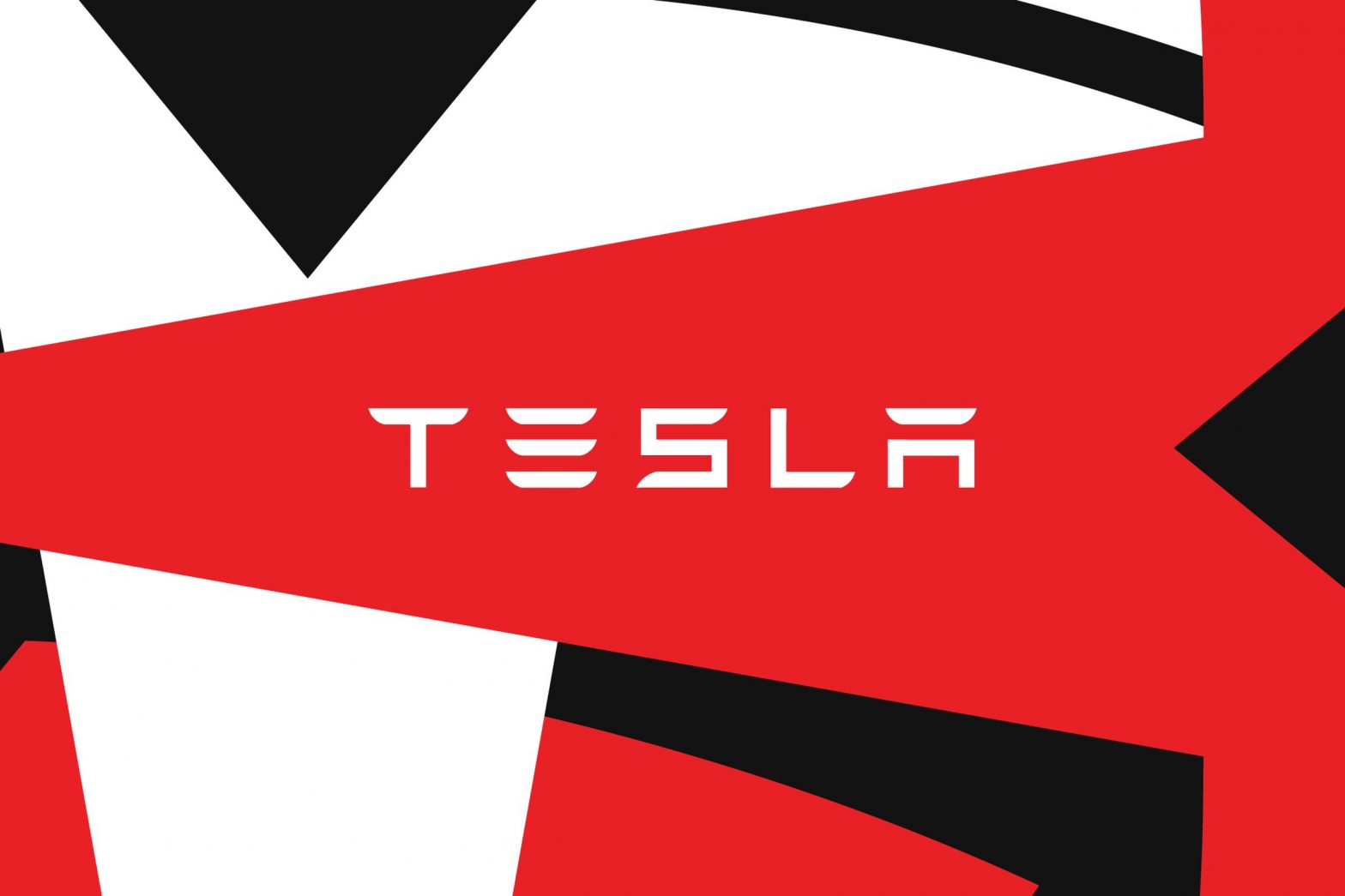/
Tesla posted its third quarter earnings, and again, all eyes were on those dwindling profit margins. All that price cutting is really taking a toll.
:format(webp)/cdn.vox-cdn.com/uploads/chorus_asset/file/23986648/acastro_STK086_03.jpg)
Tesla continues to see its margins slip due to price cuts. Today the company reported earnings of $1.9 billion in net income on $23.4 billion in revenue during the third quarter of 2023. The figures represent a small bump in revenue, from $21.4 billion the same time last year, but a big dip in profits, falling from $3.3 billion on close to the same amount of revenue.
Tesla also missed its target date for a Cybertruck delivery event. Tesla CEO Elon Musk had planned for a handover event sometime in the third quarter, and the company now plans for its first deliveries to occur on November 30th.
The company’s operating margins fell for the third quarter in a row, signaling that Tesla’s rampant price cutting was continuing to take a toll on its bottom line.
Tesla pointed fingers in several directions. For one, production was reduced while the company upgraded its factories, leading to a big dip in deliveries. The company also says it’s making big investments in AI and has “commissioned one of the world’s largest supercomputers,” doubling its compute capacity since just last quarter.
Still, the drop in quarterly revenue was another disappointing turn for the company after Tesla’s Q3 delivery and production numbers fell short of expectations. Tesla had warned that planned shutdowns of its Austin, Texas, and Shanghai factories for upgrades would result in fewer vehicles produced and delivered. But even bullish investors were wringing their hands over the slimmer numbers.
On top of everything, there’s persistent chatter about Tesla’s profit margins, why they’re so low, how much lower they can go, and more. You’ll recall that Tesla used to have historic profit margins, sometimes as much as 20 percent, which is mostly unheard of in the auto industry. But rampant price cutting (good for consumers!) has caused Tesla’s once-vaunted margins to drop into more earthly territory (bad for investors). Thus the hand wringing.
So, as you can imagine, things aren’t exactly hunky-dory in the House of Musk. Delayed Cybertruck! Dwindling profit margins! And the ongoing sideshow at X / Twitter, which has obviously cast an unfavorable light on Musk’s reputation and acumen as a supposed business genius.
Not everything is so gloomy, though. Tesla’s stagnant lineup got a much-needed refresh this quarter, with updated versions of the Model 3 coming to Europe and a similarly spiffed-up Model Y set to arrive in China. Aside from missing its delivery event, the Cybertruck kept popping up on various highways and side streets of Texas and California. More automakers also bent the knee to Tesla’s EV North American Charging Standard.
Of course, all things being even, Tesla’s various legal quandaries continued to grow. Another civil rights agency sued the company over its long history of racial harassment of Black employees at its Fremont, California, factory. And a lawsuit from the family of a deceased Tesla owner asks whether the company should be liable for fatal crashes involving its partially autonomous driving tech.
The ongoing autoworkers strike has been portrayed by many of Tesla’s boosters as a singular opportunity given its nonunion workforce. But it’s a bit reductive, and Tesla’s lackluster quarter could make some of those predictions look flimsy. By most metrics, the company is still doing very well: it commands roughly 60 percent of the EV market. Demand is high, and Tesla is taking advantage by cutting, cutting, cutting. But Tesla’s not immune to broader disruptions that undermine the industry-wide shift to EVs.
